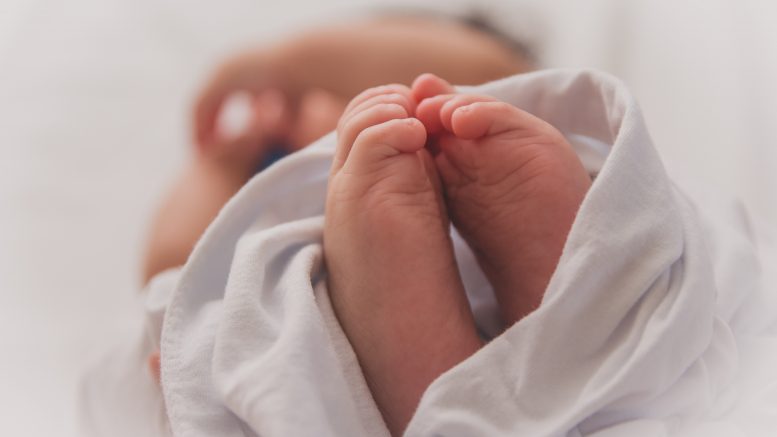One in five children may be born with foetal alcohol spectrum disorder (FASD) according to a recent study.
FASD is a lifelong disorder that occurs when children have been exposed to alcohol during pregnancy. The symptoms are wide-range but include physical abnormalities, behavioural and learning difficulties and all vary in severity
Researchers from Preventive Medicine worked with clinicians to study the development of 13,495 children from Bristol’s Children of the 90’s study. The data showed that 79 per cent of children were exposed to alcohol in pregnancy and that 17 per cent were positive for FASD.
As many as 17% of UK population may have irreversible brain damage from exposure to alcohol before birth. Much bigger problem than previously thought. Time for concerted action from government. #FASD
— Bill Esterson (@Bill_Esterson) November 30, 2018
The UK has the fourth highest level of prenatal alcohol use, yet this is the first study to estimate how many people have FASD. Some adults who suffer from the disorder are not surprised with the lack of information out there about the disorder. Nyrene Cox, a victim told Voice of London: “It’s over four years now that I have been trying to get assessed for a diagnosis- even with proof I was exposed to alcohol in the womb. That’s bad.”
Often people go undiagnosed as most individuals with it do not show physical features, and there currently only one specialist clinic in England.
Sandra Butcher, Chief Executive, National Organisation for Foetal Alcohol Syndrome UK, told Voice of London: “These figures should raise alarm bells throughout Westminster and wake up everyone in the NHS and the Department of Health who for decades have been keeping their heads in the sand about this largely avoidable public health crisis. We welcome the recent series of meetings convened by Deputy Chief Medical Officer Gina Radford and Children’s Minister Nadhim Zahawi. It’s time for comprehensive action and political will. These children of the 90s represented in this new study are in their late 20s, mostly undiagnosed and struggling for their survival with very little understanding they have underlying organic brain damage. We can and must do better.”
There has been some backlash on the study, however. On a Mumsnet thread, when asked for their opinions on the study, members mostly agreed with the results found- apart from a select few. One member stated “Their research is based on woman who were pregnant almost 20 years ago. I would hope we have moved on somewhat since then and less people are drinking in pregnancy.” Another member shared her experience: “I didn’t drink anything in any of my pregnancies but I don’t think 1 glass of wine now and then would cause any damage.”
See also:
Words: Sorcha Gilheany | Subbing: Sonakshi Sharma

